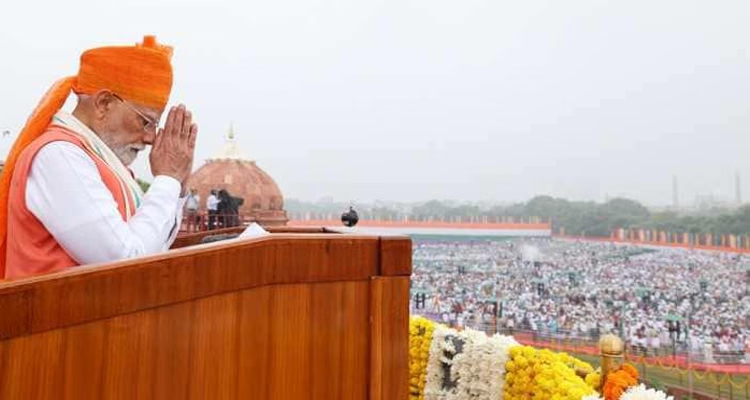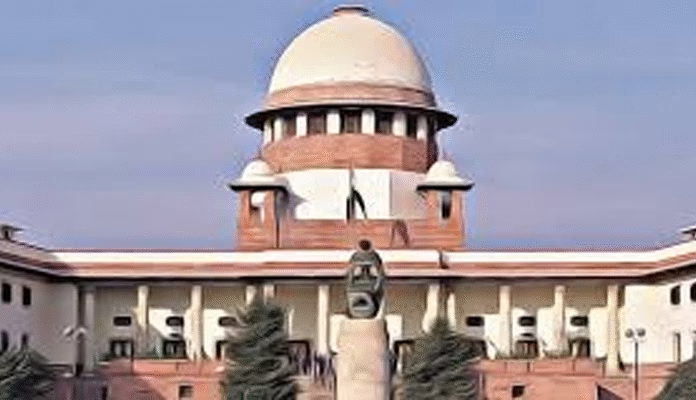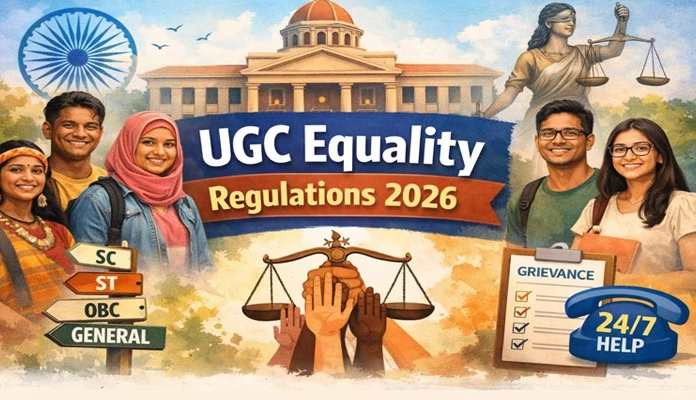
 Nava Thakuria
Nava Thakuria
Prime Minister Narendra Modi, addressing the nation from the ramparts of the Red Fort on 15 August 2025, touched on several pressing national issues. Among them, his strong words on illegal infiltration and demographic changes struck a deep chord with the indigenous people of Assam.
What particularly caught attention was Modi’s pointed remark that a “well-planned conspiracy” had long been underway to alter India’s demographic balance through illegal infiltration. For many in Assam, this felt like an overdue recognition. They recalled how, a decade earlier during a campaign rally in the State, Modi had cautioned about unchecked migration from Bangladesh. Now, in his 103-minute speech, he declared that no nation can tolerate intruders, and a “high-powered demographic mission” was in the works to deal with the crisis.
“The infiltrators are snatching the bread and butter of our youth. They are targeting our daughters and sisters. They are befooling innocent tribal people and capturing their lands. It will no longer be tolerated,” Modi asserted, warning that demographic change, particularly in border States, posed a grave threat to national security, unity, integrity, and development.
His words echoed the long-standing concern in Assam. Chief Minister Himanta Biswa Sarma, a BJP stalwart, has persistently pushed back against illegal Bangladeshi nationals crossing the international border and launched eviction drives against undocumented settlers, mostly of Bangladesh-origin Muslim background. For many, it is an unprecedented and bold mission by a State leader.
The Supreme Court too has recently refused to halt detention and deportation processes against Bangladeshi Muslim migrants. The apex court upheld the Union Home Ministry’s directive asking States to verify the credentials of suspected illegal migrants—primarily Bangladeshis and Rohingyas—so that they could be sent back to their country. The Court emphasized that illegal immigration cannot go unchecked, as it carries serious consequences for the nation.
The Assamese Struggle Remembered
For the people of Assam, Modi’s acknowledgment stirred memories of their decades-long agitation against illegal migrants. Since the late 1970s, Assamese students and youth had protested against demographic changes caused by unchecked infiltration, urging New Delhi to act. But successive Congress governments, led by Indira Gandhi and later Rajiv Gandhi, failed to address their demands adequately.
The Assam Accord of 1985, hailed as “historic,” ended the six-year-long agitation but disappointed many. The Accord compelled leaders from the All Assam Students’ Union (AASU) and the Asom Gana Sangram Parishad to accept a separate cut-off date—25 March 1971—different from the national standard. Effectively, it granted Indian citizenship to all East Pakistani migrants who had entered Assam before that date. Though Rajiv Gandhi was present at the signing, he avoided putting the agreement before Parliament for broader debate.
Over 850 Assamese lives were lost during the agitation, and the academic year of 1979–80 was entirely disrupted. Yet, successive governments in New Delhi took no pragmatic steps to identify or deport illegal migrants from Bangladesh, even as they remained aggressive toward illegal Pakistani nationals.
A Shift in Delhi’s Approach
The Centre’s stance hardened only after the Pahalgam terror attack, where militants selectively targeted Hindu pilgrims, sparking outrage across India. That incident compelled New Delhi to act against illegal migrants, including those from Bangladesh.
The timing also coincided with political upheaval in Bangladesh. In July–August 2024, Sheikh Hasina—often described as pro-India and pro-Hindu—was ousted by a mass uprising after winning her fourth consecutive term in January 2024. Forced to flee, she briefly took refuge in India. Analysts argue that as long as Hasina remained in power in Dhaka, New Delhi’s approach to Bangladeshi nationals was softer. The interim administration led by Nobel laureate Dr Muhammad Yunus, with its tilt toward Islamabad and anti-India rhetoric, only stiffened New Delhi’s resolve.
A Vindication for Assam
For the Assamese people, Modi’s words were more than political rhetoric; they were an acknowledgment of a truth they had fought for decades to make India see. Tragically, many in “mainland India”—politicians, intellectuals, and journalists—had long misrepresented the Assam movement as anti-Bengali, ignoring the crucial distinction: the agitation was not against Bengali speakers but against illegal Bangladeshi nationals who were usurping resources and altering the demographic balance.
Ultimately, it was always New Delhi’s constitutional duty to detect and deport illegal foreigners. Yet, for decades, the issue was brushed aside, leaving Assam to bear the consequences alone. Now, after generations of struggle and sacrifice, the Centre seems to have finally recognized the depth of the crisis.
For Assam, Meghalaya, Tripura, and West Bengal, Modi’s assurance signals not just policy but perhaps long-awaited justice. The “inherent pain of the Asomiya” has finally found a voice at the nation’s highest stage.




